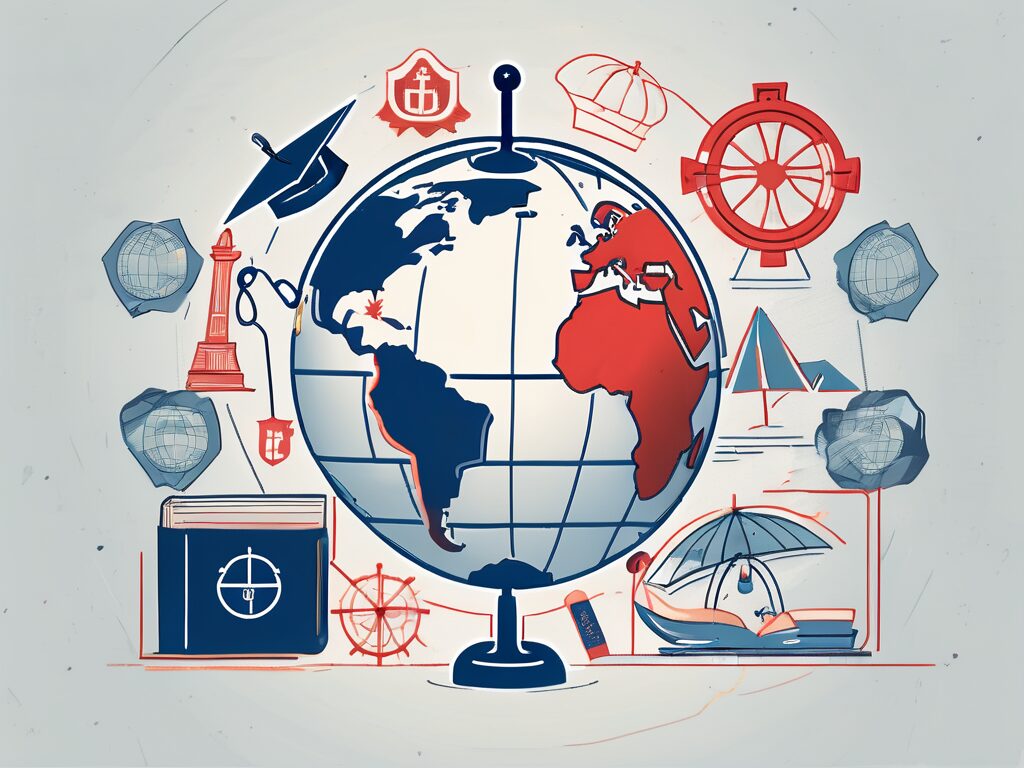What is the Cost of Living in Cambodia for Qualified Teachers?
Moving to Cambodia as a qualified teacher can be an exciting opportunity to explore a new culture while advancing your career. Understanding the cost of living is crucial for planning your move and ensuring a comfortable lifestyle. In this article, we will explore the expenses you can expect, the benefits of teaching in Cambodia, and tips for making the most of your experience.
Table of Contents
- Why is it Important for Aspiring International Teachers?
- Key Skills or Qualifications Required
- Steps to Get Started
- Challenges and How to Overcome Them
- Best Practices and Tips for Success
- Conclusion
Why is it Important for Aspiring International Teachers?
Teaching in Cambodia offers a unique opportunity to immerse yourself in a rich cultural environment while gaining international teaching experience. The demand for qualified teachers is growing, with many international schools seeking educators who can bring diverse perspectives to their classrooms. Understanding the cost of living helps you budget effectively and ensures you can enjoy your time in Cambodia without financial stress.
Key Skills or Qualifications Required
To teach in Cambodia, you typically need a bachelor’s degree and a teaching certification such as TEFL, TESOL, or CELTA. Experience in teaching English as a second language is highly valued. Additionally, cultural sensitivity, adaptability, and strong communication skills are essential for success in an international teaching environment.
Steps to Get Started
1. Obtain the necessary teaching qualifications and certifications.
2. Research international schools in Cambodia and apply for positions that match your skills and experience.
3. Prepare for interviews by understanding the school’s curriculum and ethos.
4. Plan your move by researching the cost of living, including housing, transportation, and daily expenses.
Challenges and How to Overcome Them
Adapting to a new culture and education system can be challenging. Language barriers, different teaching methodologies, and cultural differences may pose initial hurdles. To overcome these, engage with local communities, participate in cultural exchange programs, and seek support from fellow expatriates and local colleagues.
Best Practices and Tips for Success
1. Embrace the local culture and learn basic Khmer phrases to connect with locals.
2. Budget wisely by understanding the cost of living, including rent, utilities, and food.
3. Network with other international teachers to share experiences and gain insights.
4. Stay open-minded and flexible to adapt to new teaching environments and practices.
Conclusion
Teaching in Cambodia offers a rewarding experience both professionally and personally. By understanding the cost of living and preparing adequately, you can enjoy a fulfilling career while exploring a vibrant culture. Embrace the opportunity to grow as an educator and make a positive impact on your students’ lives.
Want to become a teacher in a Tier 1 international school? Join the course here.

